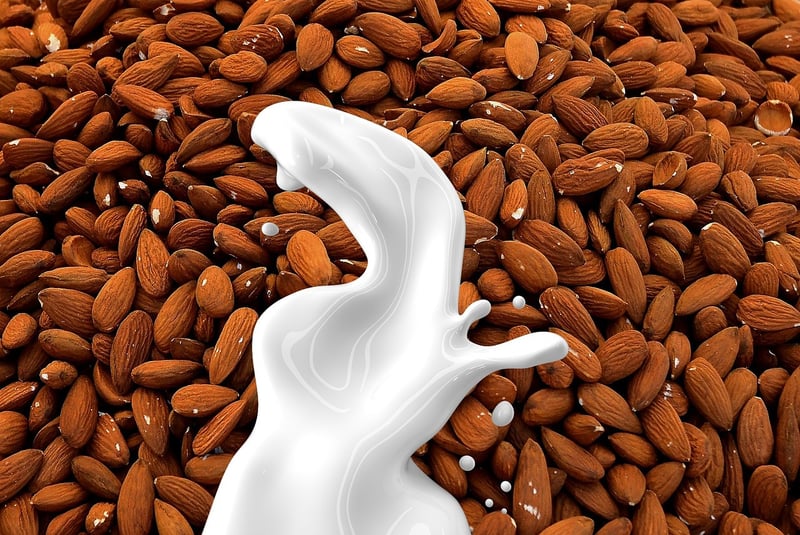Plant-Based Alternatives
Discovering the Essential Elements of a Plant-Based Diet
As more people embrace a plant-based lifestyle, it's essential to understand the key elements that make up a balanced and nutritious diet. Whether you're a seasoned vegan or just starting to incorporate more plant-based meals into your routine, knowing what to focus on can help you optimize your health and well-being.
1. Vegetables and Fruits
Rich in vitamins, minerals, and antioxidants, vegetables and fruits should be the foundation of any plant-based diet. Aim to include a variety of colors and types to ensure you're getting a broad spectrum of nutrients.

2. Whole Grains
Whole grains like quinoa, brown rice, and oats are excellent sources of fiber and essential nutrients. They can help you feel full and satisfied while providing sustained energy throughout the day.

3. Legumes and Beans
Legumes such as lentils, chickpeas, and black beans are rich in protein, fiber, and iron. They are versatile ingredients that can be used in a wide range of dishes, from soups to salads to stews.

4. Nuts and Seeds
Nuts and seeds are great sources of healthy fats, protein, and essential minerals. Incorporating a variety of nuts like almonds, walnuts, and seeds like chia and flaxseed can provide a nutrient boost to your meals.

5. Plant-Based Alternatives
For those transitioning to a plant-based diet, there are now numerous alternatives to animal products available in the market. From plant-based milks like almond and soy to meat substitutes made from tofu or tempeh, there are plenty of options to explore.
